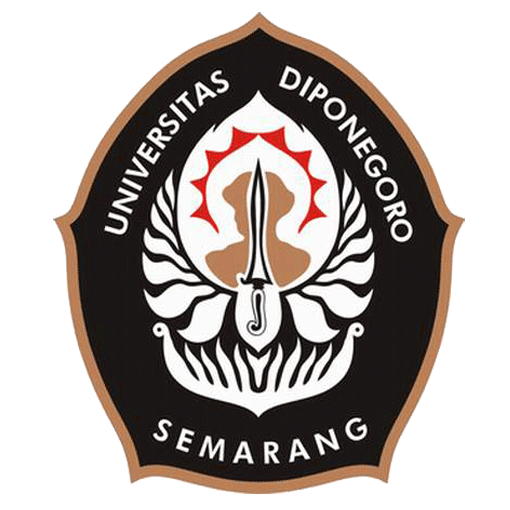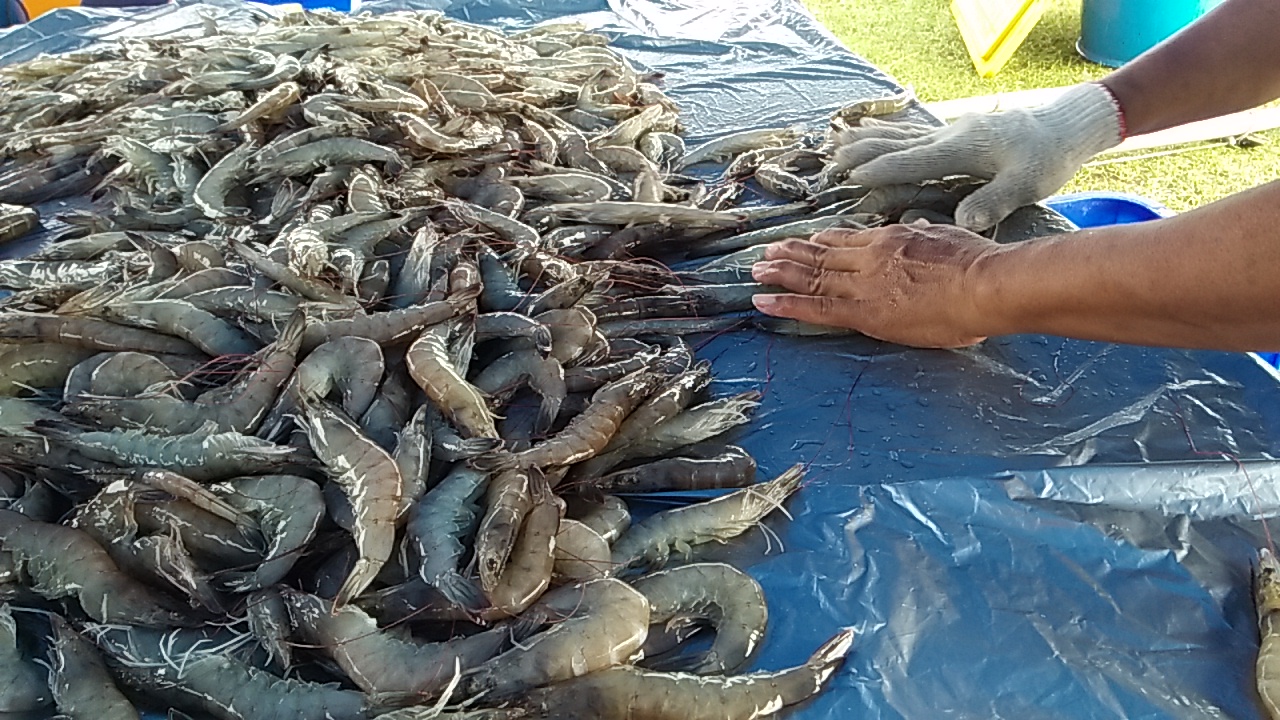The issue of sustainable aquaculture is increasingly being discussed around the world in line with the developments and efforts to achieve the 17 goals of Sustainable Development Goals, especially the 14th goal, Life Below Water. Diponegoro University (Undip) as a research university with a Coastal Region Eco-Development Principal Scientific Pattern also conducts research on this topic. During the last few years, research on sustainable aquaculture has been carried out by Nuning Vita Hidayati (NVH), a student of Aquatic Resources Management Doctoral Program, Faculty of Fisheries and Marine Sciences (FPIK) UNDIP, which is supported by Government of Indonesia through the LPDP scholarship, Indonesia-Overseas Lecturer Excellence Scholarship (BUDI) -LN) program and Undip-AMU collaboration program. This research is conducted on the north coast of Central Java, as collaboration between Undip, Jenderal Soedirman University, Raja Ali Haji Maritime University and Aix-Marseille Université (AMU) from France.
This research raises the topic of emerging contaminants in relation to sustainable aquaculture. The concept of sustainable aquaculture itself refers to the principle of sustainable development as it has been adopted in various sectors based on both natural resources and industry (manufacturing). In perspective of aquaculture, the principle of sustainability is interpreted as an effort to manage aquaculture resources responsibly while still ensuring environmental quality, and efforts to conserve natural resources. In this context, pollutants are one of the key indicators.
This research thoroughly examines various types of emerging contaminants that are the focus of cultivation activities, namely; heavy metals, Persistent Organic Pollutants (Organochlorine Pesticides, OCPs and Polychlorinated Biphenyls, PCBs), and medicinal compounds (antibiotics). This topic is raised as a form of UNDIP’s concern in supporting efforts to achieve Sustainable Development Goals (SDGs).

